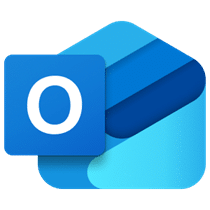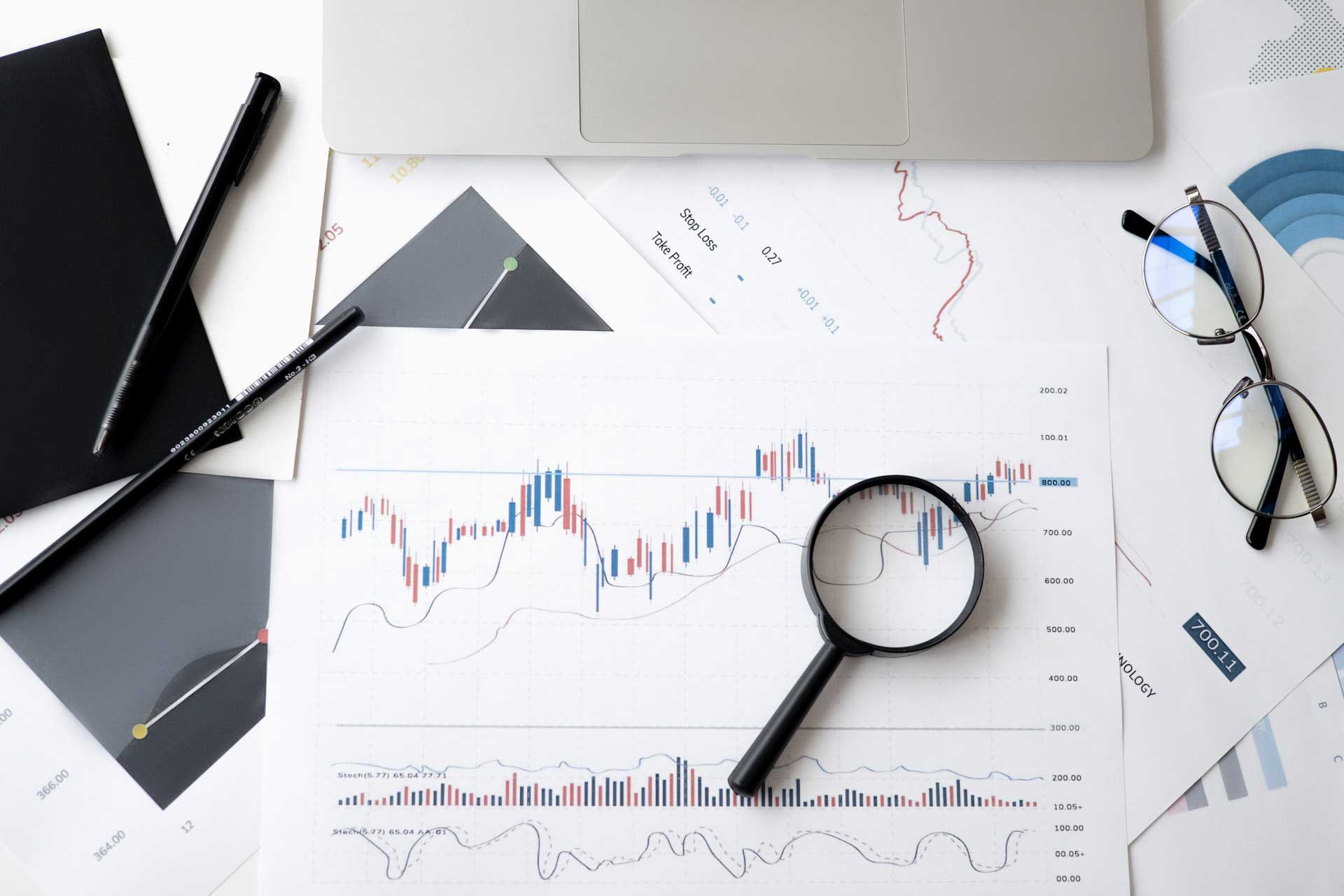Legacy or not, accounting systems are critical to day-to-day operations for any business. Replacing a legacy accounting system with one based on new cloud-based technologies is a significant challenge, but one that’s well worth taking on.
For organizations making the switch, it’s essential the new system is compatible with the old one. Microsoft Dynamics 365 Business Central (Dynamics 365) is a cloud-based business management software solution that provides the security, mobility, and flexibility businesses need to thrive in a digital world. The ERP software is ideal for small and medium-sized businesses (SMBs) who want a simpler way to modernize how they manage their financials and operations. A Dynamics 365 implementation connects finance, sales, service, and operations and makes integrated management of these functions faster and easier.
If your organization’s legacy accounting system is no longer meeting your business needs, it may be time for a legacy system modernization.
What is Legacy Modernization?
In simple terms, legacy modernization means updating business systems to better support your business goals and processes. But let’s first briefly talk about what constitutes a legacy accounting system.
Most businesses have a mix of new and old software systems they use for different operations. Others, though, still rely on old systems and old software. When IT people talk about legacy systems, they mean “old,” as in a piece of software that was popular in the early 2000s, not 2021. But a legacy accounting system isn’t always defined solely by its age.
With accounting systems, legacy often refers to any piece of software, technology, or system that slows or blocks the company’s ability to shift and adapt to changing market dynamics. If it’s software-based, but the software cannot be integrated with new processes or systems, it’s considered legacy software. Legacy accounting systems often have maintenance, support, integration, improvement, and user experience problems. This is when legacy system modernization begins to make sense.
More Than a Software Update
Making the switch from your legacy accounting system to Dynamics 365 is not the same as performing a software update:
- Legacy software is all the applications your organization has been using up until now. It could be a year, or it could be a decade or more.
- Legacy software modernization update and replaces outdated and inefficient systems, applications, and processes.
While modernizing your legacy accounting systems requires some financial investment, sticking with a legacy system often costs you more in the long run.
When to Modernize Your Legacy Accounting System
The approach used to modernize your legacy accounting system depends on your organization’s needs and your internal capabilities. In the end, the best approach is the one that solves your unique problem or problems. One of the greatest advantages to Dynamics 365 is that while it’s an ERP solution, it also has other capabilities:
- CRM features help you improve customer experiences and solidify customer relationships. You can also track interactions and get insights on upsell and cross-sell opportunities.
- It seamlessly integrates with other applications and product suites. This is particularly beneficial if you’ve already upgraded other systems to modern, cloud-based ones. Dynamics 365 ensures all systems connect—nothing can hold you back from getting maximum ROI.
- It offers enterprise-level security to ensure data is backed up and securely stored, something many legacy accounting systems don’t feature.
To decide if now is the right time to modernize your legacy accounting system and move forward with a Dynamics 365 implementation, ask yourself these five simple questions:
- Are you an SMB?
- Has your company outgrown its current accounting system or systems?
- Do you still rely on manual methods?
- Do you need an accounting system solution that’s flexible and customizable?
- Do you want better data security?
If the answer is yes, Dynamics 365 can be the right solution for you.
Moving Forward Through Modernization
As your business grows, it encounters a lot of finance-related challenges. From keeping up with market trends to managing cash flows and exploring new markets, you need an accounting system that is scalable, easy to upgrade, and capable of integrating with other cloud-based software systems you already use. Replacing a legacy accounting system with a modern ERP is no easy task, but it’s a valuable one your business should be prepared to take on if you want to stay competitive and technologically relevant.


